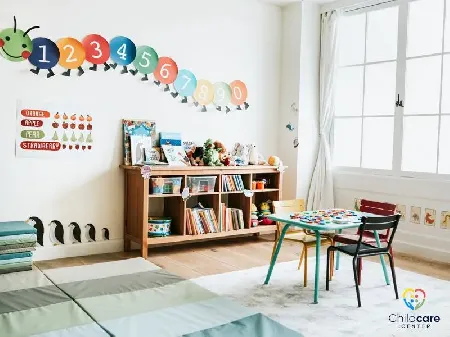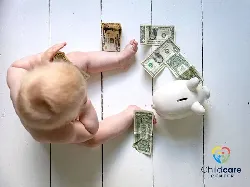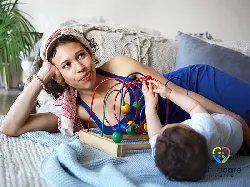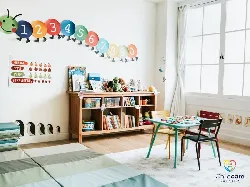Best age for kids to start daycare?
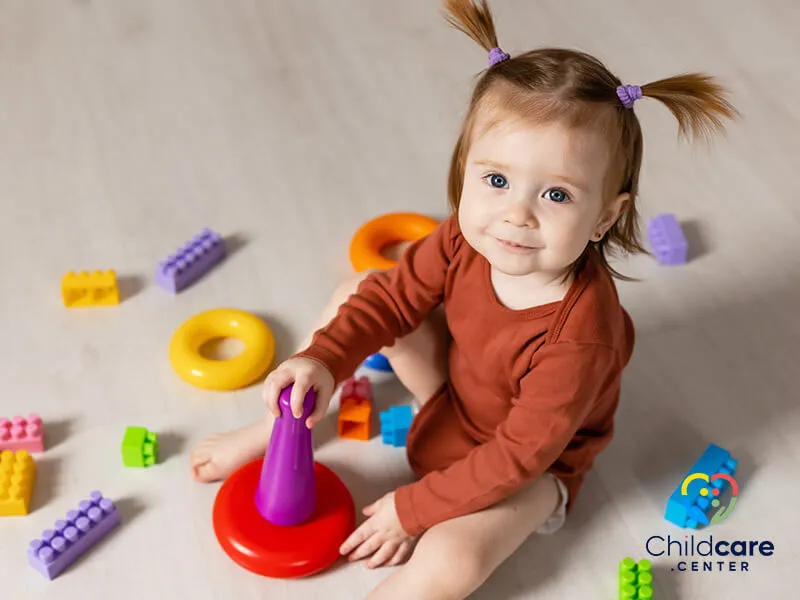
The best age for daycare varies depending on your child's age and developmental stage. Research has shown that starting your child in daycare at the right age can have many benefits, including improved socialization skills, cognitive development, and a better transition to school later on. However, every child is unique, and you should take your child's individual needs and personality into consideration.
One important factor to consider is your child's age and developmental stage. Infants under six months of age require a lot of one-on-one attention and care, so starting them in daycare too early may not be the best choice. On the other hand, toddlers aged two to three years old are often more independent and ready for socialization with other children, making it an ideal time to start daycare. Ultimately, the decision to start your child in daycare is a personal one, and it's important to weigh all the factors and make the best choice for your child and family.
What's the Ideal Age for My Child to Begin Daycare?
There is no one-size-fits-all answer to this question, as the ideal age for a child to begin daycare can vary depending on a number of factors.
However, the Government of Canada's website recommends that infants be at least 12 months old before starting daycare, as this is when they are better able to cope with separation from their primary caregiver. Toddlers, on the other hand, may be ready to start daycare as early as 18 months of age. The ideal age for kids to start daycare can vary depending on several factors, including the child's developmental stage, the family's needs, and the availability of quality daycare options.
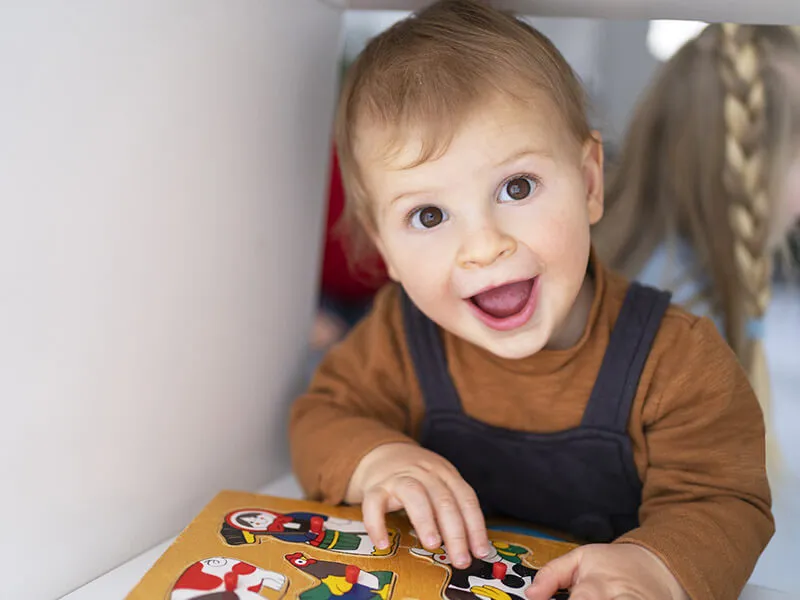
Generally, children can start daycare as early as 6 weeks old, but this may not be the best option for all families.Some parents prefer to wait until their child is a bit older, such as 6 months or even a year, to start daycare.
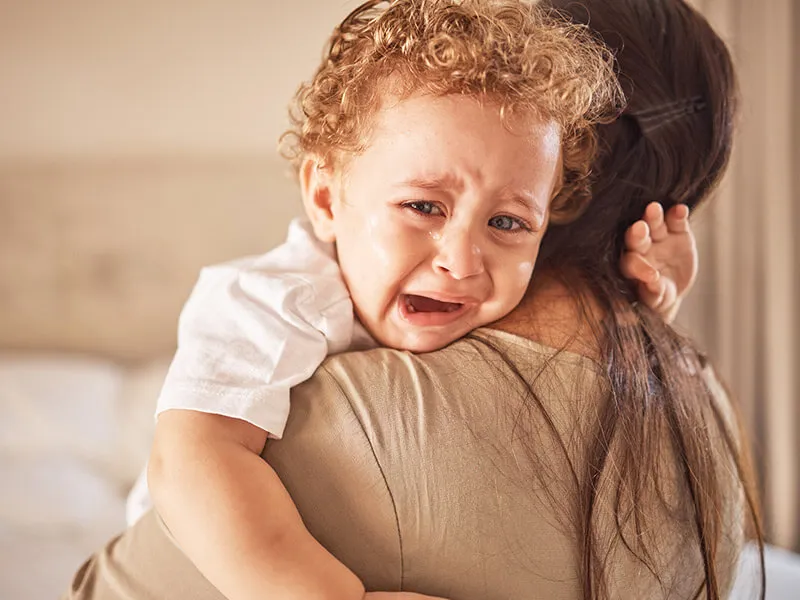
At this age, babies are more likely to have established a routine and be better able to handle being away from their parents for longer periods of time. Additionally, at this age, babies are more likely to be able to communicate their needs, which can make things easier for daycare providers. However, waiting too long to start daycare can also have its drawbacks. For example, children who are used to being at home with a parent or caregiver may struggle with separation anxiety when they first start daycare, regardless of their age.
It's important to consider your child's developmental stage when deciding when to start daycare. For example, if your child is still breastfeeding, you may want to wait until they are eating solid foods before starting daycare. Additionally, if your child is not yet walking or crawling, they may not be ready for the physical demands of a daycare environment.
What to Do if Daycare is a Necessity & Not a Choice
For many families, daycare is not a choice but a necessity. In this case, it's important to find a daycare center that meets your family's needs and provides a safe and supportive environment for your child. The Childcare.Center(https://childcare.center) website offers a useful checklist for choosing a daycare center, which includes factors such as the center's location, hours, and fees, as well as staff qualifications, safety measures, and communication policies with parents.

When starting daycare, it's important to be mindful of the risks associated with starting too early. Infants and young children are more susceptible to illnesses, so it's crucial to choose a daycare center that has proper health and hygiene practices in place, such as hand washing and disinfecting surfaces. Additionally, starting daycare too early may increase the risk of separation anxiety, which can be stressful for both the child and the parent. To learn more about how to choose the best daycare for your child, check out "How to Choose the Best Daycare for Your Child" .
Is My Baby Too Young for Daycare?
As a parent, it's natural to wonder whether your baby is ready for daycare. While babies require a lot of attention and care, there are some signs that may indicate that your baby is ready for daycare. For example, if your baby is comfortable with other adults and children, can self-soothe and fall asleep on their own, and can eat solid foods and drink from a bottle or sippy cup, they may be ready for daycare.
If you're still unsure whether your baby is ready for daycare, you may want to consider a gradual transition. This could involve starting with a few hours a day and gradually increasing the time your baby spends at daycare. It's also important to consider other factors, such as the quality of the daycare center and the qualifications of the staff.
If you're a parent who's considering starting your baby in daycare, it's understandable that you may feel overwhelmed. "7 Things to Consider Before your Child Begins Baby Daycare" is a valuable resource. This post outlines important factors that you should keep in mind when making this decision, such as the quality of the daycare center and the qualifications of the staff. Childcare center goal is to help you make an informed decision that will provide your family with the highest-quality childcare possible.
How Does My Child's Natural Behaviour Factor into This Decision?
When deciding on the best age to start daycare, it's important to take your child's natural behaviour into account. Every child is different, and some may have more difficulty with the transition than others. For instance, if your child is prone to separation anxiety or is very clingy, it might be best to wait until they're a bit older before starting daycare. Conversely, if your child is outgoing and sociable, they may thrive in a daycare setting with lots of socialization and activities. Ultimately, by considering your child's unique personality and behaviour, you can make an informed decision that's best for them.
Does your little one get stressed at the thought of being left behind by a parent?
Separation anxiety is a common issue for young children when starting daycare. It's normal for children to feel anxious or upset when being separated from their parents or caregivers. Here are a few tips to help ease the transition:
- Talk to your child: Before starting daycare, talk to your child about what to expect. Explain to them that they will be going to a new place to play and learn, and that you will always come back to pick them up.
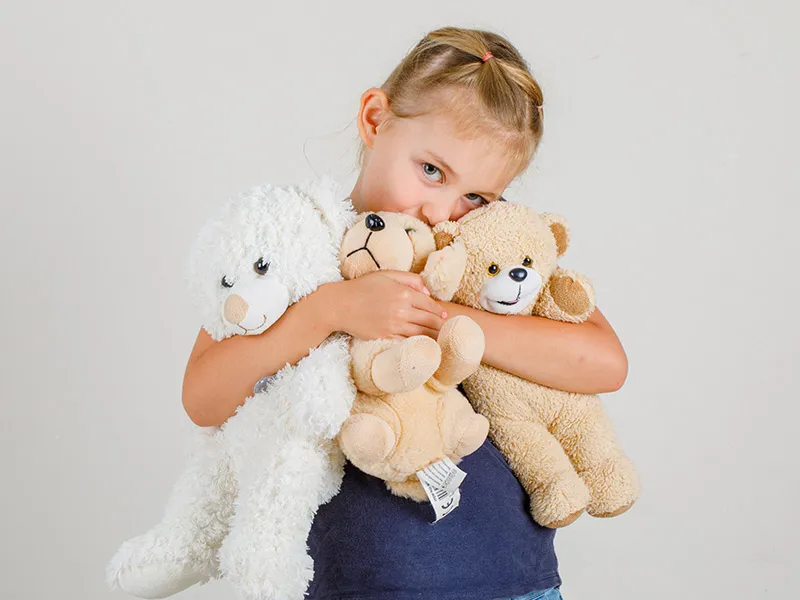
- Establish a routine: Establishing a routine can help your child feel more secure and less anxious. Create a morning routine that includes saying goodbye to your child before leaving for the day.
- Be consistent: Consistency is key when it comes to easing separation anxiety. Stick to the same routine every day and avoid making unexpected changes.
- Provide comfort items: Provide your child with a comfort item, such as a favorite stuffed animal or blanket, to help ease their anxiety.
Remember that separation anxiety is normal and that it may take time for your child to adjust to their new routine. Be patient, consistent, and positive, and your child will soon feel comfortable and happy at daycare. For additional tips and resources, you can visit: How to Prepare Your Toddler for Their First Day at Daycare.
How Independent Is Your Child?
Another factor to consider when deciding when to start daycare is your child's level of independence. Some children are naturally more independent and may enjoy the social interaction and structured activities that daycare provides. Other children may be more attached to their parents and struggle with the transition to daycare.
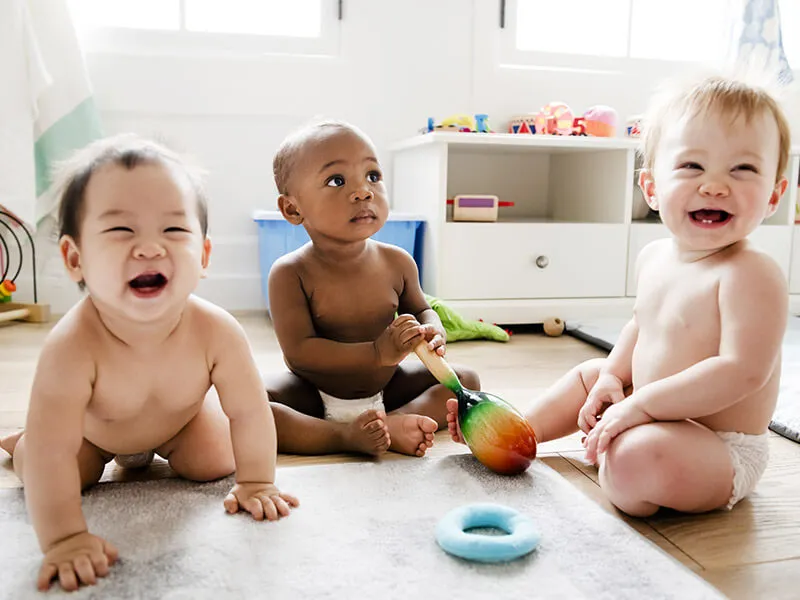
In these cases, it may be best to wait until your child is more comfortable. In addition to your child's natural behavior, it's important to consider how independent they are. Some children are naturally more independent than others, which can make the transition to daycare easier. If your child enjoys spending time with other children and has shown an interest in learning new things on their own, they may be ready for daycare at a younger age than a child who is more attached to their parent and less interested in exploring on their own.
To help encourage your child's independence and prepare them for daycare, check out "Little Things You Can Do Every Day to Make Your Child More Independent" . We understand that finding the right daycare for your child can be a difficult decision, and that's why it's important to consider all factors, including their independence level.
How Long Will Daycare Classes Take?
When considering daycare for your child, it's important to think about how long the classes will take. The length of the classes may depend on your work schedule and your child's needs, as well as the policies of the daycare center. Some daycare centers offer full-day classes, which can be a good option for parents who work full-time or have other commitments during the day.
These classes typically run for 8-10 hours and provide a full range of activities and care for your child. Full-day classes can be beneficial for children who thrive on routine and structure, as well as those who need extra time to socialize and develop important skills. Other daycare centers may offer half-day classes, which typically run for 4-5 hours. This can be a good option for parents who work part-time or have more flexible schedules. Half-day classes may also be a good choice for younger children who may not be ready for a full day of classes or who need more time to adjust to the daycare environment.
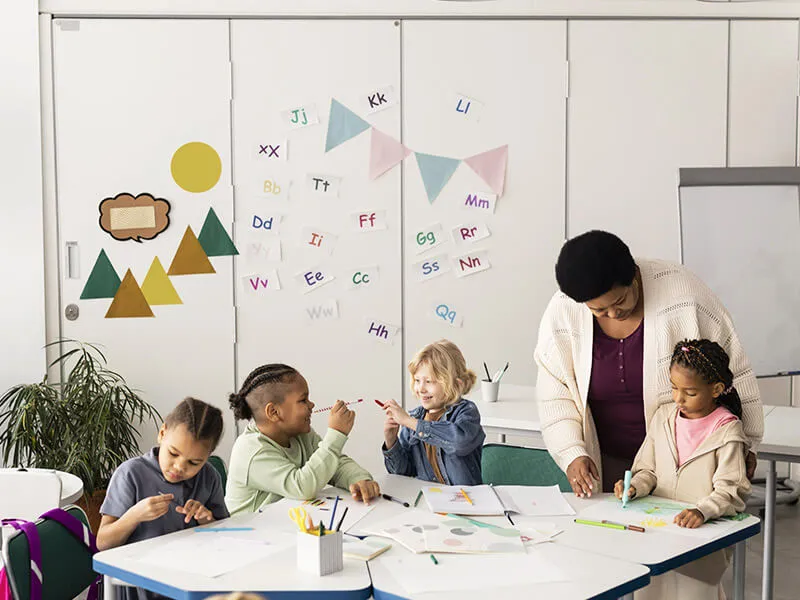
Before choosing a daycare center, it's important to inquire about their schedule and ensure that it aligns with your needs. You may also want to consider factors such as the availability of after-school care or extended hours, in case you need to work late or have other commitments. By taking the time to find a daycare center with a schedule that works for your family, you can ensure that your child receives the care and support they need to thrive.
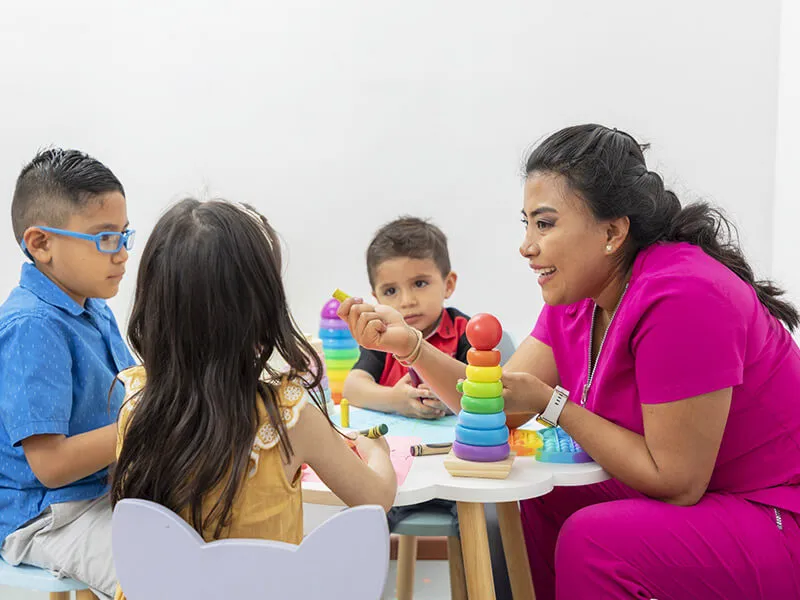
What to Look For in a Daycare?
When choosing a daycare for your child, there are several things to consider. One of the most important is the quality of care that the daycare provides. Look for a daycare that has experienced and qualified staff who are trained in child development and first aid. You may also want to inquire about the ratio of children to caregivers and the level of supervision that is provided.
It's also important to consider the facilities and equipment that the daycare offers. Look for a daycare that has safe and age-appropriate toys, as well as a clean and well-maintained facility.You may also want to inquire about the meals and snacks that are provided, as well as any outdoor play areas or activities that the daycare offers.
Finally, consider the location and cost of the daycare. Look for a daycare that is conveniently located to your home or workplace, and that offers affordable rates that fit within your budget. Don't be afraid to visit several daycares and ask plenty of questions before making your final decision.For additional information and resources, you can visit childcare center.
Is there a "Worst" Age to Start Daycare?
Determining the worst age to start daycare is subjective and can vary depending on individual circumstances. However, some parents and experts may argue that starting daycare at an extremely young age, such as in the first few months of life, can be challenging for both the child and the parents.
Infants require a lot of attention and care, and separating from their primary caregiver at such a tender age may cause distress and anxiety. Additionally, very young infants have developing immune systems and are more susceptible to illnesses that can be common in daycare settings.
Another viewpoint might suggest that starting daycare during the toddler years, typically around one to two years old, could be considered a challenging time. Toddlers are at a stage of rapid development and exploration, often characterized by increased independence and emerging social skills. Some parents worry that starting daycare during this period may disrupt the establishment of attachment and bonding with the primary caregiver, potentially leading to separation anxiety and emotional difficulties.
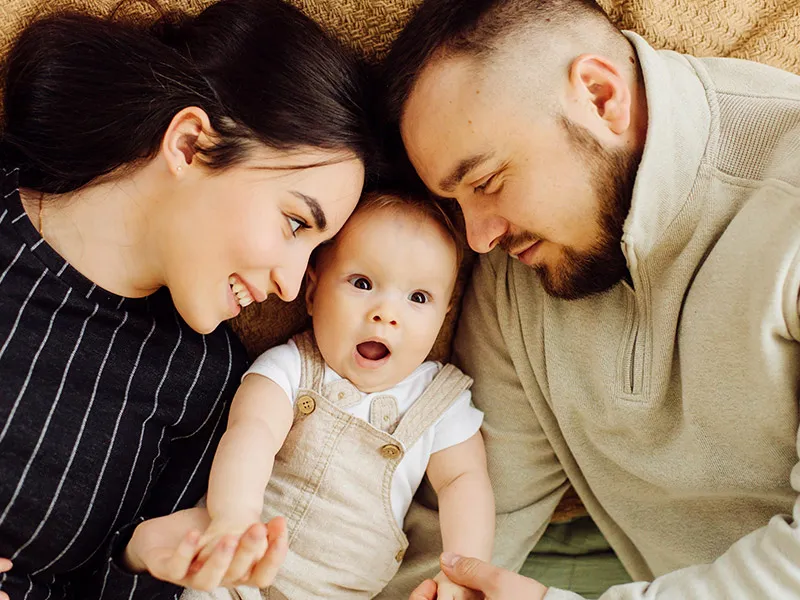
It's important to note that these perspectives do not necessarily mean that starting daycare at these ages will have negative consequences for every child. Each child is unique, and what works for one family may not work for another. Ultimately, the decision of when to start daycare should consider the child's individual needs, the family's circumstances, and the availability of suitable care options. Open communication with caregivers, pediatricians, and other parents can provide valuable insights and help make an informed decision that best suits the child's well-being and the family's situation.
Conclusion
Deciding when to start your child in daycare is a big decision that requires careful consideration. While there is no one-size-fits-all answer to the question of when is the best age for daycare, taking into account your child's natural behavior, independence, and your family's needs can help you make the right choice. Additionally, taking the time to research and choose a high-quality daycare that meets your child's needs can provide you with peace of mind and help ensure that your child thrives in their new environment.







